Why invading North Korea would be insane
One huge downside: nuclear war

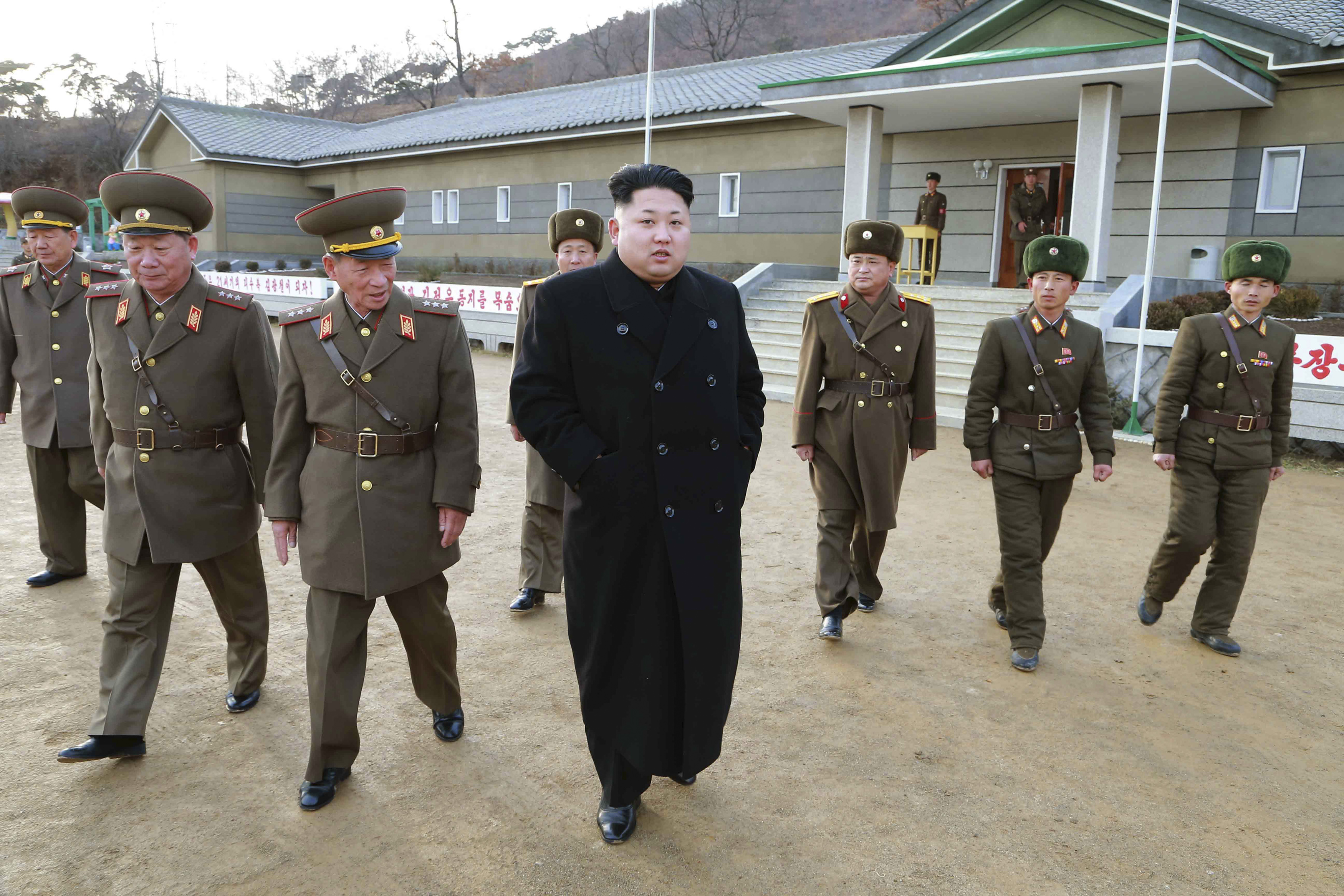
A free daily email with the biggest news stories of the day – and the best features from TheWeek.com
You are now subscribed
Your newsletter sign-up was successful
The North Korean regime is the closet thing to Nazi Germany still in existence. Toppling it would free an enslaved people. There is perhaps no government on Earth that more deserves to be cast into the dustbin of history.
Yet few military experts have pitched the idea of invading the Hermit Kingdom. That is because opening such a Pandora's box would unleash hell on East Asia. Desperate for survival, Pyongyang would have every incentive to use all its nuclear bombs and other weapons of mass destruction, threatening the lives of millions of innocent people.
So while I tip my hat to Pascal-Emmanuel Gobry for making the case for invasion in The Week, in what amounted to an impassioned plea to rid our planet once and for all of this evil cancer, a dispassionate review of the facts demonstrates why very few have endorsed such an idea. Here is why an invasion would be a great cause for regret:
The Week
Escape your echo chamber. Get the facts behind the news, plus analysis from multiple perspectives.

Sign up for The Week's Free Newsletters
From our morning news briefing to a weekly Good News Newsletter, get the best of The Week delivered directly to your inbox.
From our morning news briefing to a weekly Good News Newsletter, get the best of The Week delivered directly to your inbox.
Kim Jong Un will have learned the lessons of the Gulf War
Suppose Washington did decide to dispose of the evil thugs in Pyongyang. How would it proceed? It would start by heavily bolstering the amount of military assets within striking distance of North Korea. This would involve bringing in multiple aircraft carrier battle groups, increasing the number of troops in South Korea for a ground invasion, moving in large amounts of land-based aircraft, and boosting missile defenses in South Korea, Japan, and allied bases. In many respects, the U.S. would be dusting off an integral component of the 1991 Gulf War playbook — build a large attack force that can overwhelm the enemy. Simple, right?
The problem is that such a massive military mobilization can't be hidden. North Korea would instantly realize what was up. Pyongyang would certainly have a clear incentive to strike hard and fast knowing it constituted its best chance for survival. Here we see the great folly of Saddam Hussein: allowing coalition forces to build one of the world's most powerful fighting forces on his doorstep. Kim would realize his best chance — maybe his only chance — would be to strike with everything in his arsenal at the first sign of a build-up.
North Korea would use its nukes
A free daily email with the biggest news stories of the day – and the best features from TheWeek.com
Why would a nation with less wealth than Ethiopia put billions of dollars into acquiring nuclear weapons? The answer is simple: to ensure that anyone considering imposing regime change won't take the risk. If Washington ever decided it was time to take the regime down, what reason would Pyongyang have from holding back? None. While there is debate whether Kim's missiles have the range or accuracy to hit the continental U.S., it does seem likely they could hit Seoul or Tokyo — one hell of an atomic parting gift. Kim knows all too well he would never be able to defeat an allied invasion — he may just decide to take as many souls down with him as possible.
And it has chemical and biological weapons
Don't forget those. In a 2012 report on North Korea's military, the U.S. Department of Defense noted that "North Korea probably has had a longstanding chemical weapons (CW) program with the capability to produce nerve, blister, blood, and choking agents and likely possesses a CW stockpile. North Korea probably could employ CW agents by modifying a variety of conventional munitions, including artillery and ballistic missiles." Some reports estimate that the regime could possess as much as 5,000 metric tons of chemical weapons.
While opinions vary regarding North Korea's biological weapons capabilities, the same report sees such a program as a strong possibility, noting, "North Korea continues to research bacterial and viral biological agents that could support an offensive biological weapons program. Infrastructure, combined with its weapons industry, gives North Korea a potentially robust biological warfare capability."
Imagining a nightmare scenario involving even a small cache of chemical or biological weapons is not hard. A handful of such weapons launched at Seoul could create a panic not seen since the Sept. 11 terrorist attacks. Even just one attack with such fearsome weapons on a civilian target must be avoided.
North Korea could retaliate in many unforeseen ways
The above is just a small sample of the possible challenges allied forces would face in invading North Korea. Other challenges could include North Korean sleeper cells launching Charlie Hebdo style attacks in South Korea or even Japan, or armed forces lobbing missiles at areas containing nuclear materials (essentially ballistic "dirty bombs"). And we have not even touched on the estimated cost of rebuilding North Korea, or the fact that China may have strong motives to intervene.
Clearly North Korea is a stain on human history that needs to be expunged. But the North Korean regime has had over six decades to plot out its response to an invasion. It is something we should keep in mind.
Harry J. Kazianis is director of defense studies at the Center for the National Interest, founded by former U.S. President Richard M. Nixon.
-
 ‘My donation felt like a rejection of the day’s politics’
‘My donation felt like a rejection of the day’s politics’Instant Opinion Opinion, comment and editorials of the day
-
 Trump wants a weaker dollar but economists aren’t so sure
Trump wants a weaker dollar but economists aren’t so sureTalking Points A weaker dollar can make imports more expensive but also boost gold
-
 Political cartoons for February 3
Political cartoons for February 3Cartoons Tuesday’s political cartoons include empty seats, the worst of the worst of bunnies, and more
-
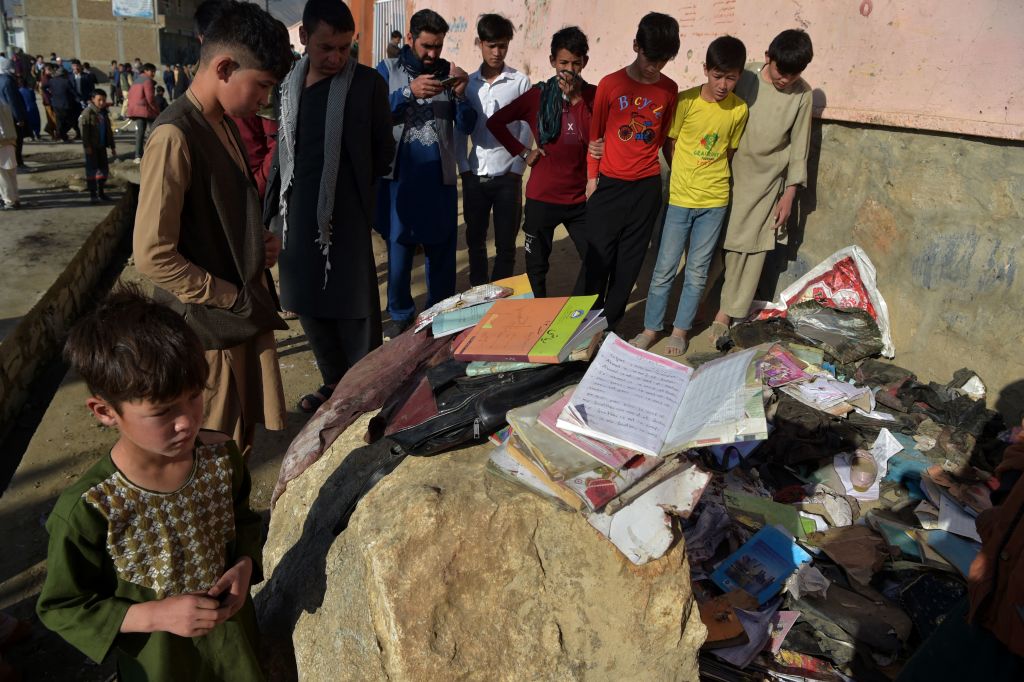 Bombing at girls' school in Kabul kills at least 50, including students
Bombing at girls' school in Kabul kills at least 50, including studentsSpeed Read
-
 Garland says DOJ is 'pouring its resources' into stopping domestic terrorists 'before they can attack'
Garland says DOJ is 'pouring its resources' into stopping domestic terrorists 'before they can attack'Speed Read
-
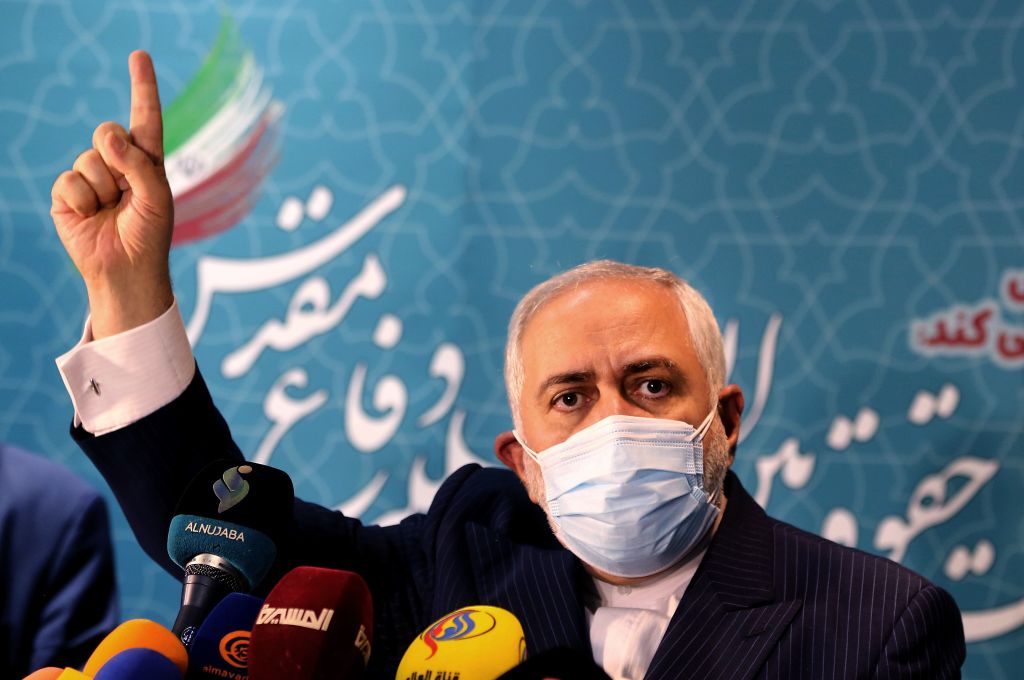 Suspected Israeli cyberattack on Iranian nuclear site complicates U.S.-Iran nuclear deal talks
Suspected Israeli cyberattack on Iranian nuclear site complicates U.S.-Iran nuclear deal talksSpeed Read
-
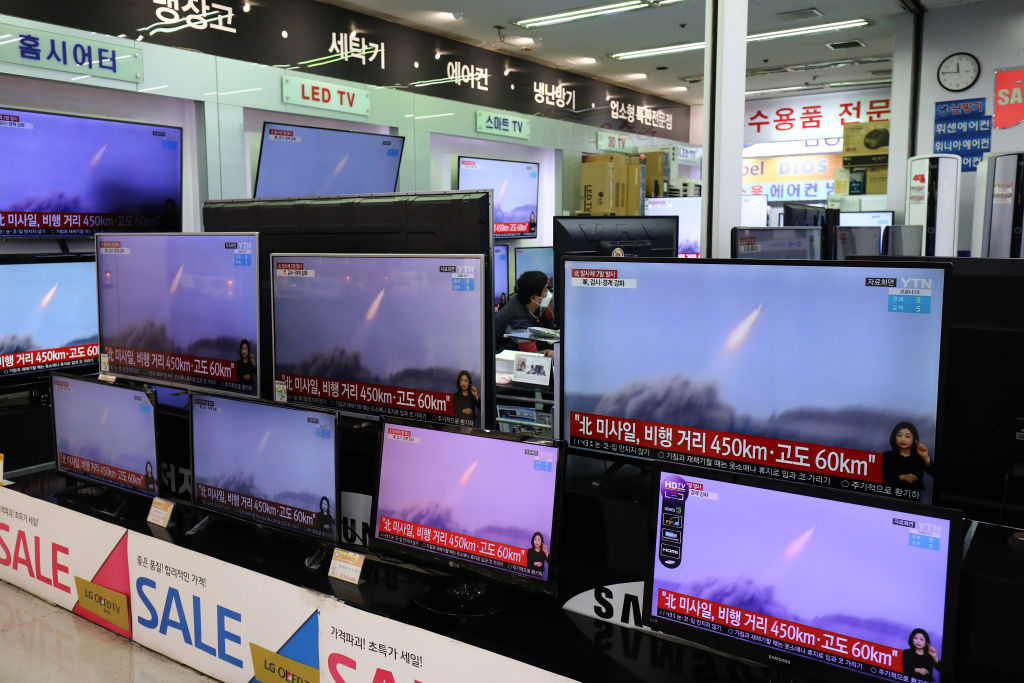 North Korea fires 2 ballistic missiles into sea
North Korea fires 2 ballistic missiles into seaSpeed Read
-
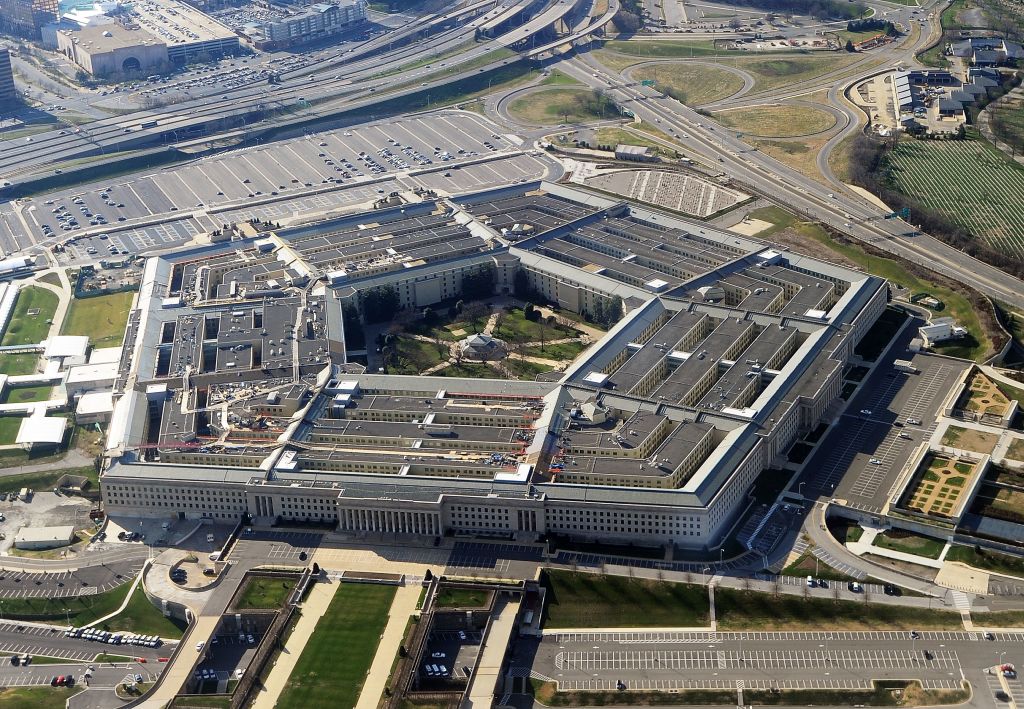 U.S. airstrikes target Iranian-backed militia facilities in Syria
U.S. airstrikes target Iranian-backed militia facilities in SyriaSpeed Read
-
 Rochester police who killed Daniel Prude during mental health crisis won't face charges
Rochester police who killed Daniel Prude during mental health crisis won't face chargesSpeed Read
-
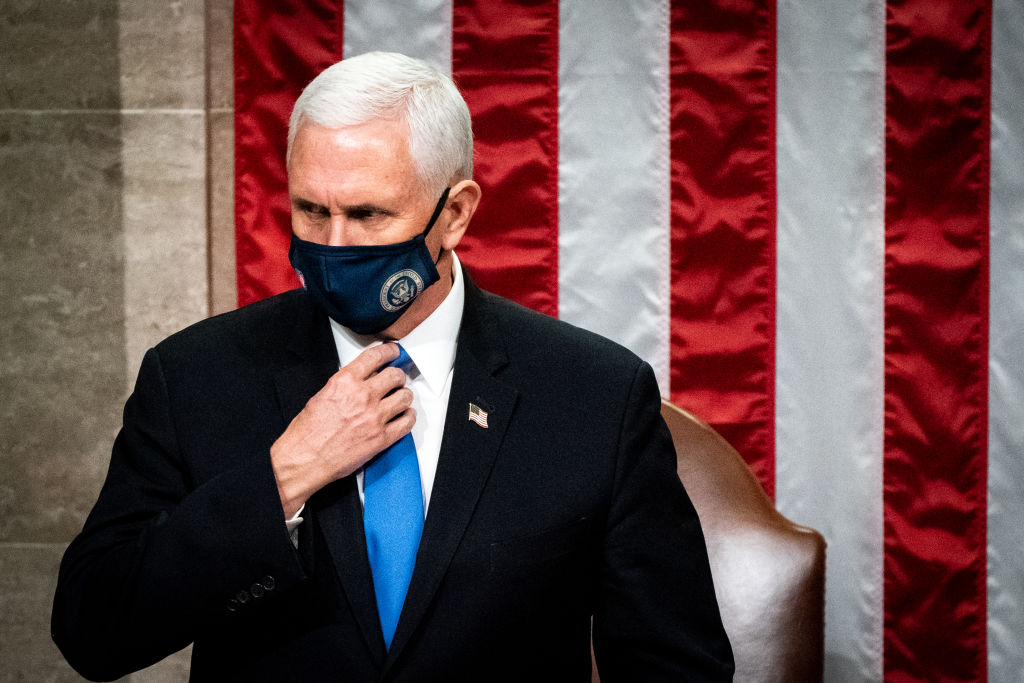 Mike Pence's 'nuclear football' was also apparently at risk during the Capitol siege
Mike Pence's 'nuclear football' was also apparently at risk during the Capitol siegeSpeed Read
-
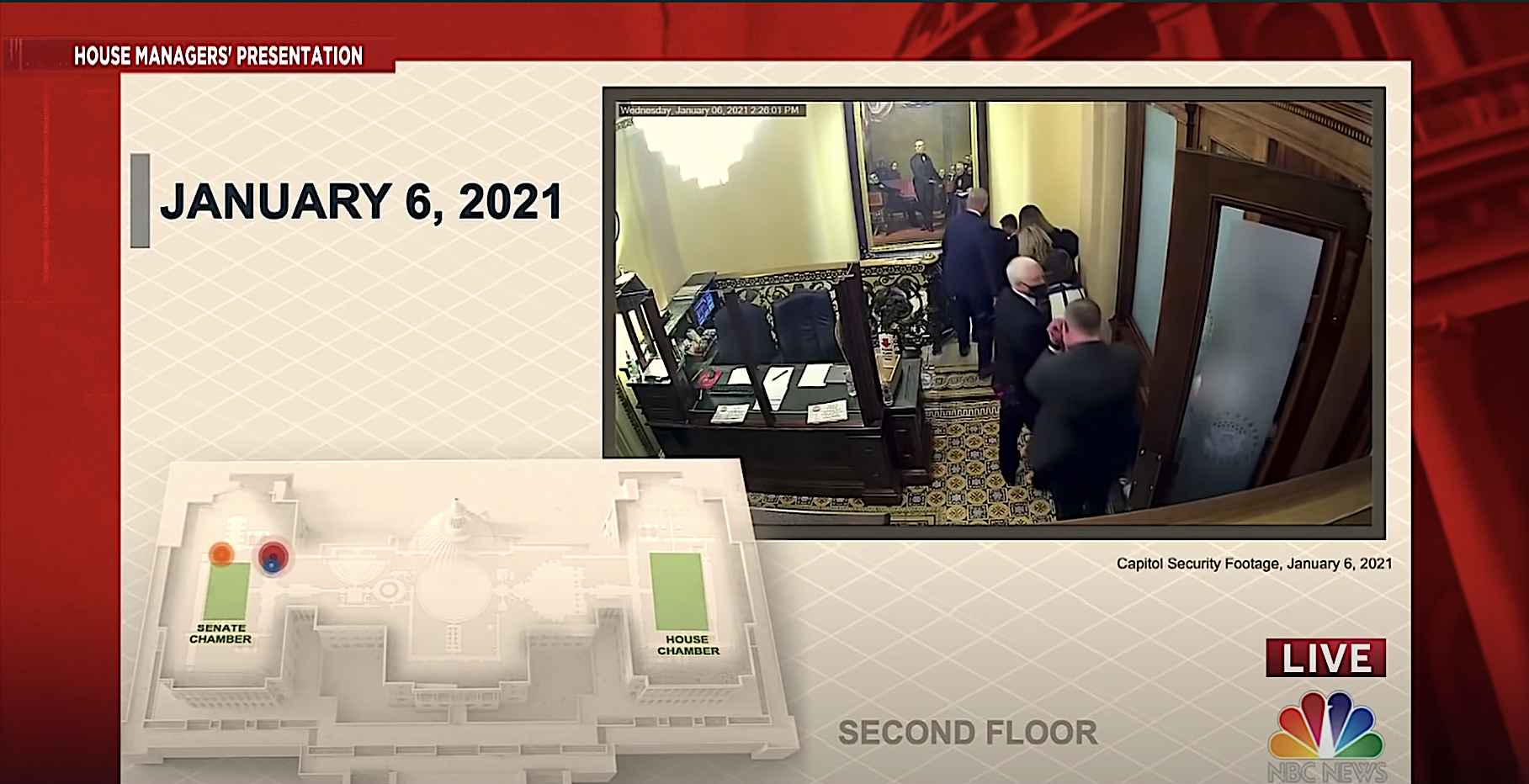 Trump publicly attacked Pence during the Capitol riot knowing Pence was in trouble, GOP senator suggests
Trump publicly attacked Pence during the Capitol riot knowing Pence was in trouble, GOP senator suggestsSpeed Read
